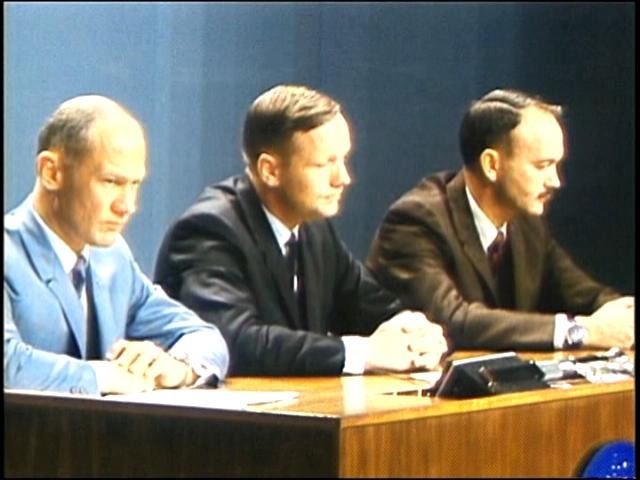If the Apollo 11 Mission achieved the goals that NASA and the American government have claimed, why did the first man to set foot on the surface of another planetary body avoid talking about it for the rest of his life? Nor was Neil Armstrong the only member of the Apollo 11 crew to exhibit signs of a troubled psyche when it came to discussing their accomplishments in public. In a July 8, 2009 article in the UK’s The Telegraphnewspaper, a most unusual piece was written on the 40th anniversary of the Apollo 11 Mission. Following is an excerpt.
Buzz Aldrin: the dark times that followed that historic flight
By Marc Lee
A few minutes into our conversation, Buzz Aldrin makes it clear that we won't be spending much time reliving the day that began a new chapter in the history of the human race and made him one of the most famous people on – and off – the planet. It's not that the Second Man on the Moon doesn't want to talk about his space odyssey; it's just that he thinks he should be suitably rewarded for doing so.
Sharing his extraterrestrial experiences is, he concedes, "an appropriate and necessary thing: it's what people want. But I can't just keep doing that for ever in my life [he's 79] unless I'm appropriately compensated."
So, is he reluctant to talk about Apollo 11? "No, I wouldn't say I'm reluctant, but my [interest] is not in the past…" And he proceeds to roll out a diversionary anecdote about how, when he was young, his father would reminisce endlessly about the early days of aviation and how "regrettable" that was. He is and always has been, he says, "future-oriented."


